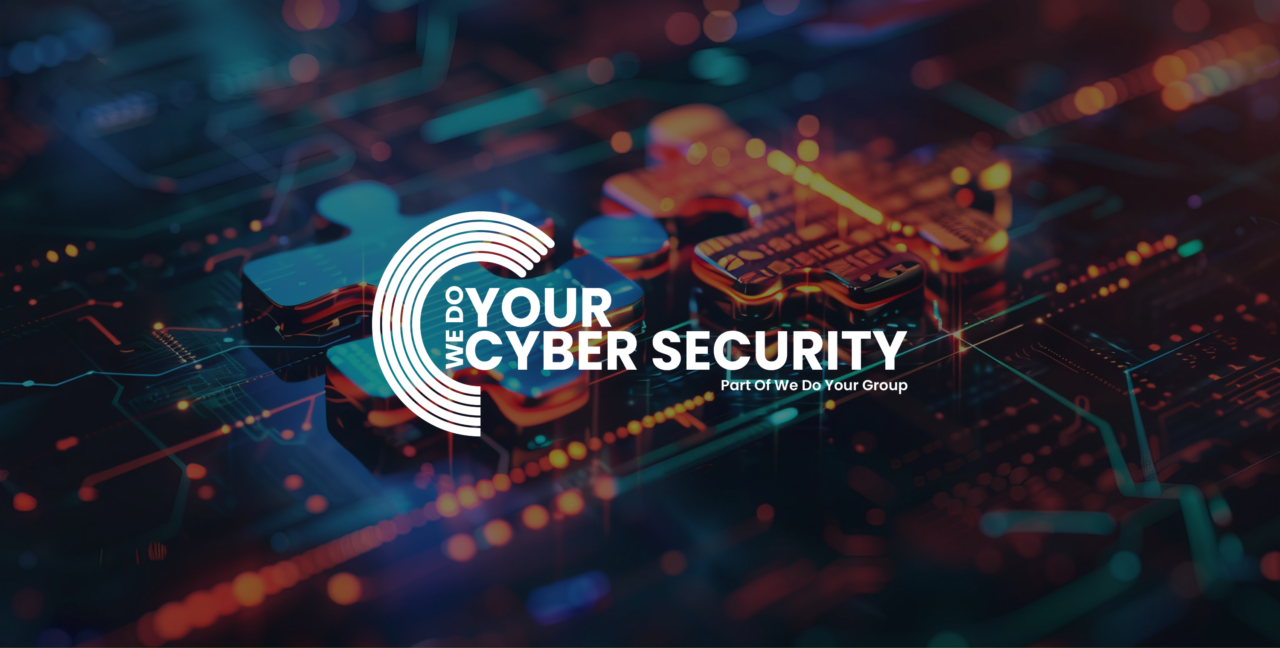

As cyber attacks become more common and sophisticated, the importance of cyber security in business cannot be overstated, especially for small businesses. The cyber security landscape is evolving, with criminals using increasingly clever methods to exploit vulnerabilities and deceive unsuspecting employees. To combat common cyber attacks, companies must invest in advanced security technologies and a culture of awareness and education throughout their workforce. Cyber security training is crucial in empowering employees to recognise and respond to potential threats, significantly reducing cyber security risks. Furthermore, adopting a proactive approach to monitoring and reporting suspicious activities is essential for identifying threats before they escalate into serious breaches. In a world where the financial impact of cyber fraud can be staggering, early intervention and comprehensive security measures are vital for protecting company assets, customer trust, and corporate reputation.
Phishing and spoofing are among the most common and insidious tactics cyber criminals use to infiltrate small businesses and exploit sensitive information. To combat cyber crime effectively, training employees to recognise the red flags associated with these threats is essential. Comprehensive training can act as a formidable line of defence against cyber attacks. Employees should learn to identify the nuances of phishing emails—like unfamiliar sender addresses, urgent calls to action, and suspicious links—allowing them to spot deceptive communications before they inadvertently lead to cyber security breaches. Additionally, training must address the intricacies of spoofing, helping staff distinguish legitimate messages from those meant to impersonate trusted sources. By fostering a culture of vigilance and awareness around issues like unsecured wireless access points and safe internet connection practices, small businesses can significantly reduce their vulnerability to cyber attacks. Embracing cyber essentials safeguards operations and protects customer data from malicious intent.
In the fight against increasingly sophisticated cyber threats, small business owners must prioritise investing in advanced security technologies to protect their assets and maintain customer trust. Practical advice for enhancing your cybersecurity includes installing security apps and antivirus software. Implementing multi-factor authentication adds an essential layer of verification, ensuring that even if login credentials are compromised, unauthorised individuals cannot quickly gain access. End-to-end encryption secures communications, safeguarding critical data from interception during transmission. Additionally, deploying anti-spoofing measures can significantly mitigate the risk of the most common cyber attacks, such as call spoofing, where cybercriminals impersonate trusted entities. By staying updated with the latest security solutions and prioritising these technological advancements, small business owners can create a more formidable defence against cyber threats and improve their overall cybersecurity posture.
The case of Russian Coms serves as a stark reminder of the critical importance of vigilance against cybercrime. Effective monitoring and reporting protocols are essential to improve your cyber security. These measures enable businesses to detect anomalies and potentially fraudulent activities while empowering employees to safeguard company assets. Installing security apps and establishing clear guidelines for recognising and reporting suspicious communications can be invaluable, facilitating timely intervention and preventing minor concerns from escalating into significant breaches. By fostering an environment where reporting is encouraged and acted upon, businesses can protect customer information, enhance their security posture, and build resilience against the ever-evolving tactics of cyber criminals. This proactive approach is vital for safeguarding financial resources and other vital data, preserving customer trust, and maintaining a reputable standing in the industry.
In an era where cyber threats are omnipresent and evolving rapidly, having comprehensive insurance policies tailored to cover cyber-related incidents has become essential for small and UK businesses. These policies protect financially against significant losses from cyber attacks, data breaches, ransomware, and other malicious software incidents. They also demonstrate a company’s commitment to safeguarding its corporate network and maintaining customer trust. As the costs associated with falling victim to a cyber breach can escalate quickly—covering remediation, regulatory fines, and reputational damage—businesses must proactively secure themselves against these potential financial pitfalls. Additionally, a well-structured insurance policy can enhance existing cybersecurity measures by offering resources for incident response and recovery while encouraging companies to set reporting procedures, ensuring they are better equipped to navigate the complexities of the cyber landscape and minimise their overall risk exposure.
To enhance your organisation’s security posture against the rising threat of cyber fraud, adopting a multifaceted approach that includes technology, training, and proactive monitoring is crucial. Start by implementing advanced security technologies, such as wireless access points with multi-factor authentication and end-to-end encryption, which can prevent unauthorised access and safeguard sensitive communications, especially for online mobile-based services. Additionally, prioritise comprehensive employee training on cyber essentials to raise awareness of phishing and spoofing tactics, empowering your workforce to recognise and report suspicious activities. Establishing clear protocols for monitoring potential threats can foster a culture of vigilance, ensuring that minor concerns are addressed promptly before they escalate into a cyber incident or data breach. Finally, investing in comprehensive cyber insurance policies will provide essential financial protection against the unpredictable costs associated with data breaches while reinforcing your commitment to keeping your systems up to date and safeguarding your business and your customers’ trust.
Ignoring the potential threats posed by cybercrime, such as phishing scams and ransomware attacks, can have devastating consequences for small businesses. These organisations must prioritise cybersecurity measures to protect their WiFi networks and online services. Failing to do so leaves them vulnerable to attacks, resulting in significant financial losses and diminished customer trust. When a business does not invest in cybersecurity, it risks hefty remediation costs, regulatory fines, and irreversible reputational damage. The financial implications can escalate quickly, as companies may face incident response expenses, legal fees, and recovery efforts while trying to regain customer confidence. Additionally, the long-term impact of cyber breaches can affect stock prices, market positioning, and overall operational viability. By neglecting to secure their service set identifiers and investing in robust cybersecurity, small businesses jeopardise their current assets and future growth and sustainability in a competitive landscape.
In the ever-changing landscape of cyber threats, businesses must adopt a proactive stance to ensure their cybersecurity measures remain effective and adaptive against a potential cyber attack. This requires a thorough understanding of current and emerging threats, commitment to implementing advanced technologies and regular employee training. Companies should rely on essential security protocols and integrate sophisticated tools such as artificial intelligence and machine learning to predict and respond to potential breaches in real-time. Regularly updating software and conducting vulnerability assessments can help identify weaknesses in the organisation’s defences against cyber attacks. Additionally, fostering a culture of continuous improvement and vigilance among employees can significantly enhance security, as informed personnel are more likely to spot anomalies and suspicious activities. By prioritising these proactive measures, organisations can stay a step ahead of cybercriminals, safeguard their assets from cyber attacks, and ultimately assure the trust and confidence of their customers.
In a world where digital interactions are essential to everyday business operations, maintaining trust and integrity is paramount, especially given the rise in cyber threats. Robust cybersecurity measures, including wireless access points, protect a company’s assets and secure the confidence of customers who demand transparency and reliability. Installing security apps is vital for reinforcing a strong security posture, safeguarding sensitive data and preventing breaches that could damage a company’s reputation. By investing in advanced technologies, thorough employee training, and comprehensive cyber insurance, businesses can build a resilient infrastructure that mitigates risks and underscores their commitment to ethical practices. Emphasising cybersecurity, including wireless access points and security applications, is crucial for fostering long-term client relationships and ensuring sustainable business success in a highly competitive digital landscape.
This website uses cookies to improve your experience. Choose what you're happy with.
Required for the site to function and can't be switched off.
Help us improve the website. Turn on if you agree.
Used for ads and personalisation. Turn on if you agree.
This website uses cookies to improve your experience. Choose what you're happy with.
Required for the site to function and can't be switched off.
Help us improve the website. Turn on if you agree.
Used for ads and personalisation. Turn on if you agree.